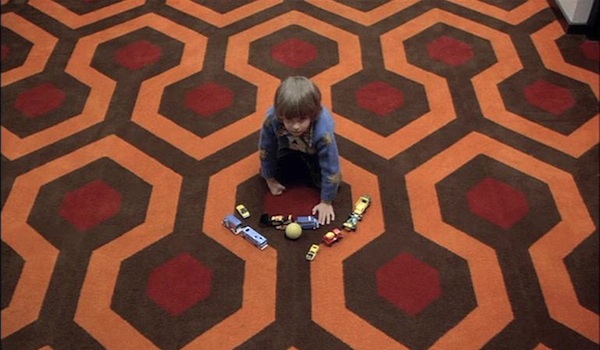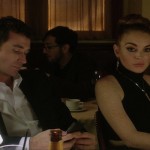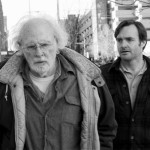Room 237

It’d be hard for a cinephile to not find at least something enjoyable in Rodney Ascher’s new documentary Room 237. The film is a deep dive into Stanley Kubrick’s The Shining—arguably the strangest movie within the strongest filmography of all time. It’s so strange, in fact, that five individuals have had their lives turned upside-down trying to dissect The Shining. Room 237 is their story.
And again, anyone as interested in Kubrick (or film in general) as I am won’t be able to look away. But capturing one’s attention and feeling like a necessary, complete film are two different things. Room 237 achieves the former, not the latter. It’d be an awesome special feature on some kind of special collector’s edition Blu-Ray of The Shining, but its characters and theories are ultimately too “out there” to be taken even remotely seriously.
The five at the center of the film are never shown. Instead, Ascher interestingly (and successfully) never strays from showing us footage of Kubrick’s film. He slows it down, plays it in reverse, and superimposes graphics on certain scenes. But the viewer never leaves the world of the Overlook Hotel.
So what are these theories exactly? One man believes Kubrick’s film was an attempt to atone for the sin that was faking the 1969 moon landing (see little Danny Torrence’s Apollo 11 sweater). Another sees Native American artwork and cans of Calumet baking powder with the face of an American Indian chief and thinks The Shining is a commentary on our ancestors’ sins during the westward expansion.
There are other “theories” relating to the Holocaust (Jack’s typewriter is German, and the number 42 persists throughout the film) and the ancient Greek myth about the minotaur (the maze and some “impossible architecture” within the hotel). The latter story, actually, provides some of the most intriguing “evidence,” as some of the hallways and windows really don’t make geometric sense. But everything in Room 237 is predicated on the idea that Kubrick was worried about each and every can and shirt and poster that populated his movie—something I have a hard time believing considering how wild some of these analyses are.
And sadly, Room 237 doesn’t have much of a sense of humor. Ascher seems to be right in step with his subjects, insomuch as he thinks The Shining is more than just a crazy, trippy, over-the-top horror flick. And while his allegiance to one theory in particular never comes out, he uses his film’s tone to treat these ideas and his interviewees with great reverence. In other words, he uses everything at his disposal to force us to take Room 237 seriously. I couldn’t, and as such, the film never quite clicked with me.













